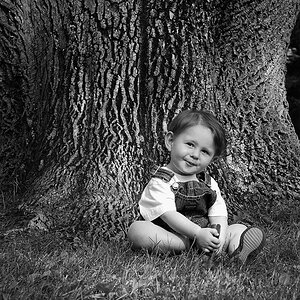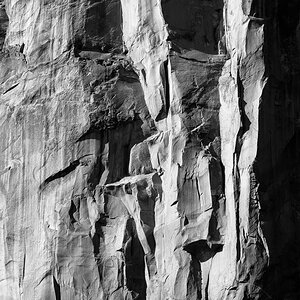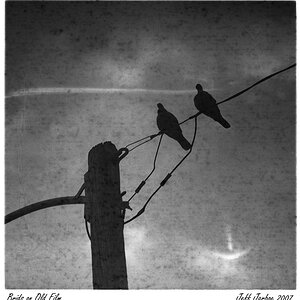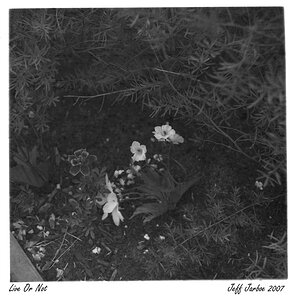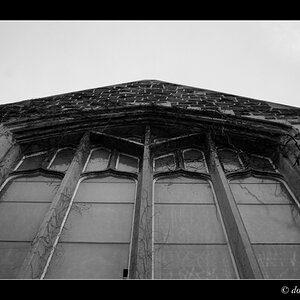jmtonkin
No longer a newbie, moving up!
- Joined
- May 6, 2011
- Messages
- 446
- Reaction score
- 81
- Location
- Minnesota, South Dakota (for school)
- Can others edit my Photos
- Photos OK to edit
Hey all,
I have been in love with photography since I picked up my first camera at age 12. (I'm now 20.) I was wondering if you guys could look over a few of my shots and let me know what you think of them. I'm open to as harsh of criticism as you wish, but please, let it be constructive. I'm really into shooting portraits and landscape. I do not at this point have a DSLR (hopefully I will in the next few month) but I try to make do with what I've got. I've been shooting on a Kodak EasyShare 812IS for three years now. Before I take that leap of faith that I may actually be able to do something with my pictures, I want to see what other, non-related people have to offer.
1.
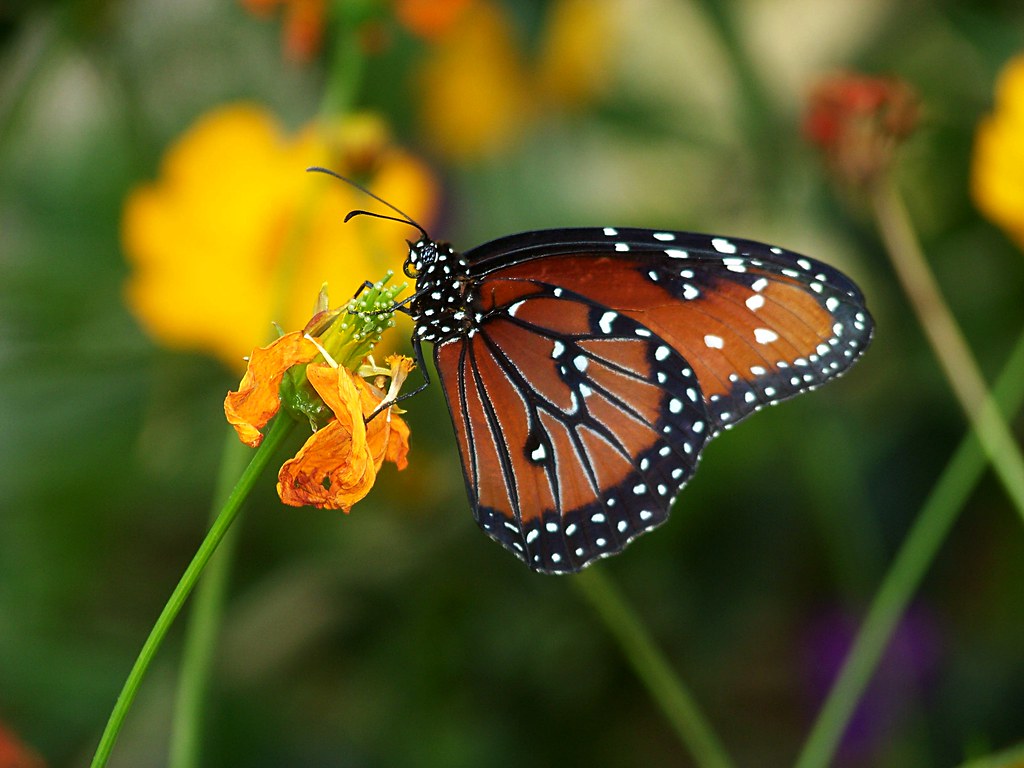
2.
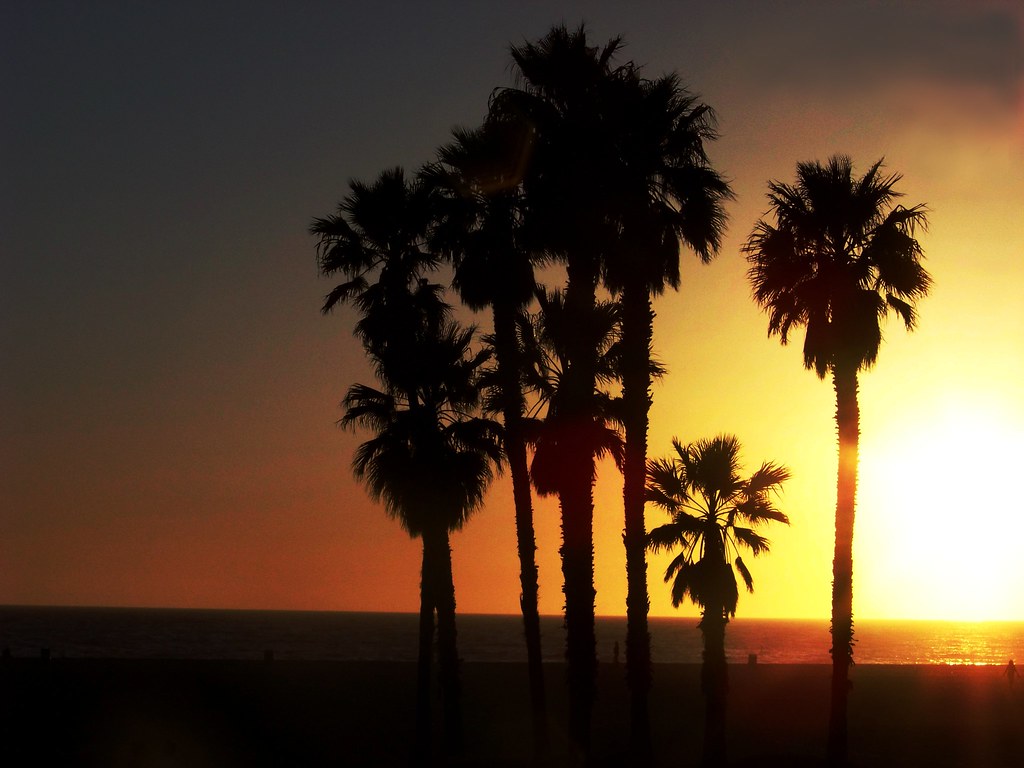
3.

4.
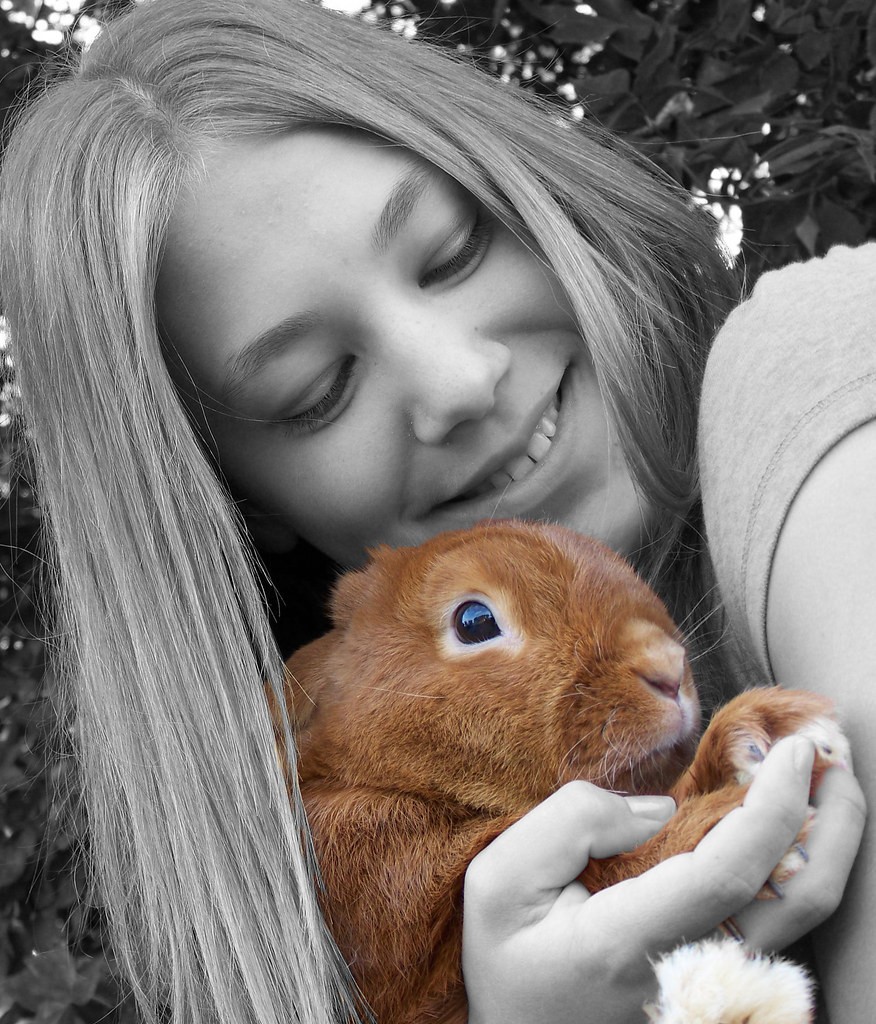
5.
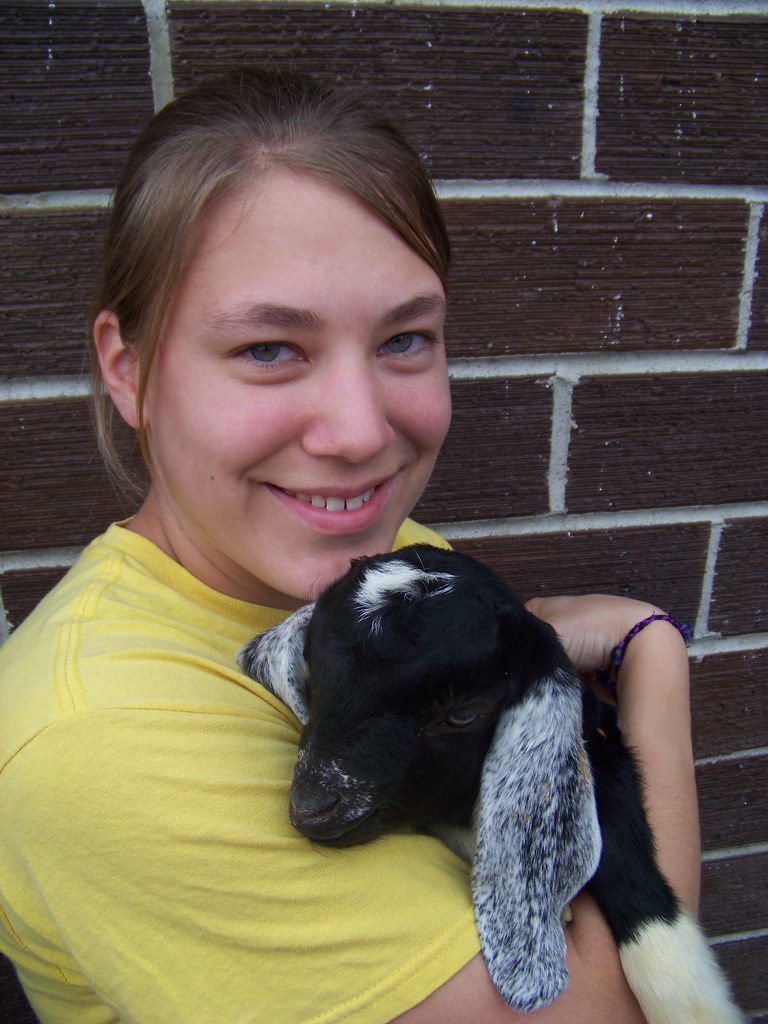
Thanks for looking!
I have been in love with photography since I picked up my first camera at age 12. (I'm now 20.) I was wondering if you guys could look over a few of my shots and let me know what you think of them. I'm open to as harsh of criticism as you wish, but please, let it be constructive. I'm really into shooting portraits and landscape. I do not at this point have a DSLR (hopefully I will in the next few month) but I try to make do with what I've got. I've been shooting on a Kodak EasyShare 812IS for three years now. Before I take that leap of faith that I may actually be able to do something with my pictures, I want to see what other, non-related people have to offer.
1.

2.

3.

4.

5.

Thanks for looking!
Last edited:



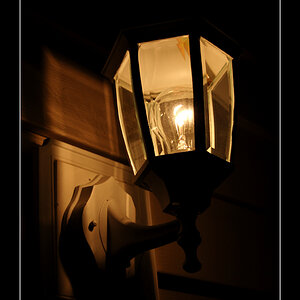
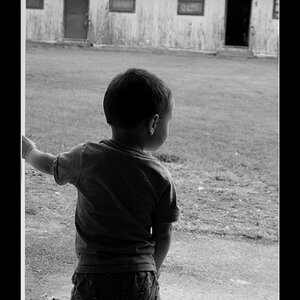
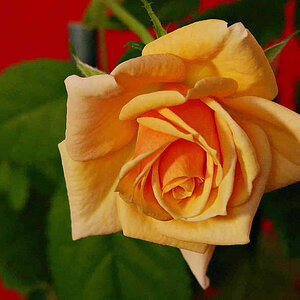

![[No title]](/data/xfmg/thumbnail/30/30878-f33da8abe01acde1dcee7898f41310e1.jpg?1619734493)
